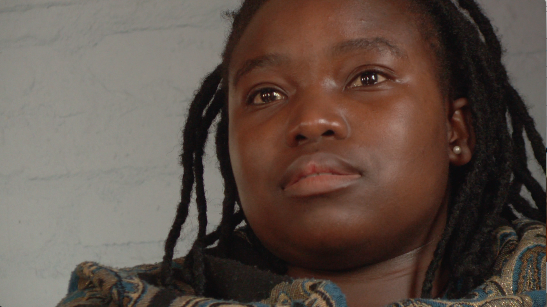To many, rape is believed to occur in dark corners to intoxicated women wearing short skirts – women who are asking for it. And yet, this is only the stereotypical idea of rape, one in an array of ways in which sexual assault occurs. According to statistic, 41 percent of all rapes reported in South Africa are perpetrated against children (one of the highest in the world). In a study conducted by the Medical Research Council, one in ten men said they had been raped by other men. Rape happens in the spaces of everyday life, by familiar faces, to people who were simply going about their average day.
Rape is one of the only crimes in which the victim is treated like the perpetrator, according to the Rape Crisis Centre, this stupefying belief falls into what is referred to as the Myths of Rape. A set of false beliefs shared by society, beliefs which continue to empower perpetrators, and beliefs that go unnoticed due to the normalization of gender based violence.
One of these myths is that victims report false rape claims, when in reality only 3.3% of rape reports are false. Considering that only 1 in 9 rape cases are reported – this is one of the most debilitating myths in the fight against gender based violence, a strong commentary attesting to the fact that we live in a society in which Rape Culture is rife.
The term Rape Culture was first used in the United States during the 1970s in feminist discussions on rape. Defined as a multifaceted societal belief structure, which fosters an absurd normality around sexual violence; assigning blame to victims, and disregarding the actions of perpetrators as just another part of life which must be accepted.
But how can we as a society accept this violation of human rights?
In 2014, in partnership with the Rape Crisis Centre, Street Talk addressed the topic of rape. Five brave women came forward to share their stories. But we felt that more time needed to be provided for each survivor to tell her story. And this year, we once again asked survivors of rape to talk about their journey from trauma to healing.
Power, Strength, Dignity is a series of four episodes in which four indomitable women disassemble the stigma, silence and shame of rape, choosing instead to speak. Bravely leading the way for others to do the same.
Power, Strength, Dignity is currently broadcasting on Cape Town TV -DSTV Channel 263, Wednesdays at 7:30pm and repeated Saturdays at 7:30pm.
The episodes – Season 7 Episodes 19 – 22 – are also available here: http://streettalktv.com/episode/season/season-7/
Join the Conversation
Words by Lesley-Anne Johannes




